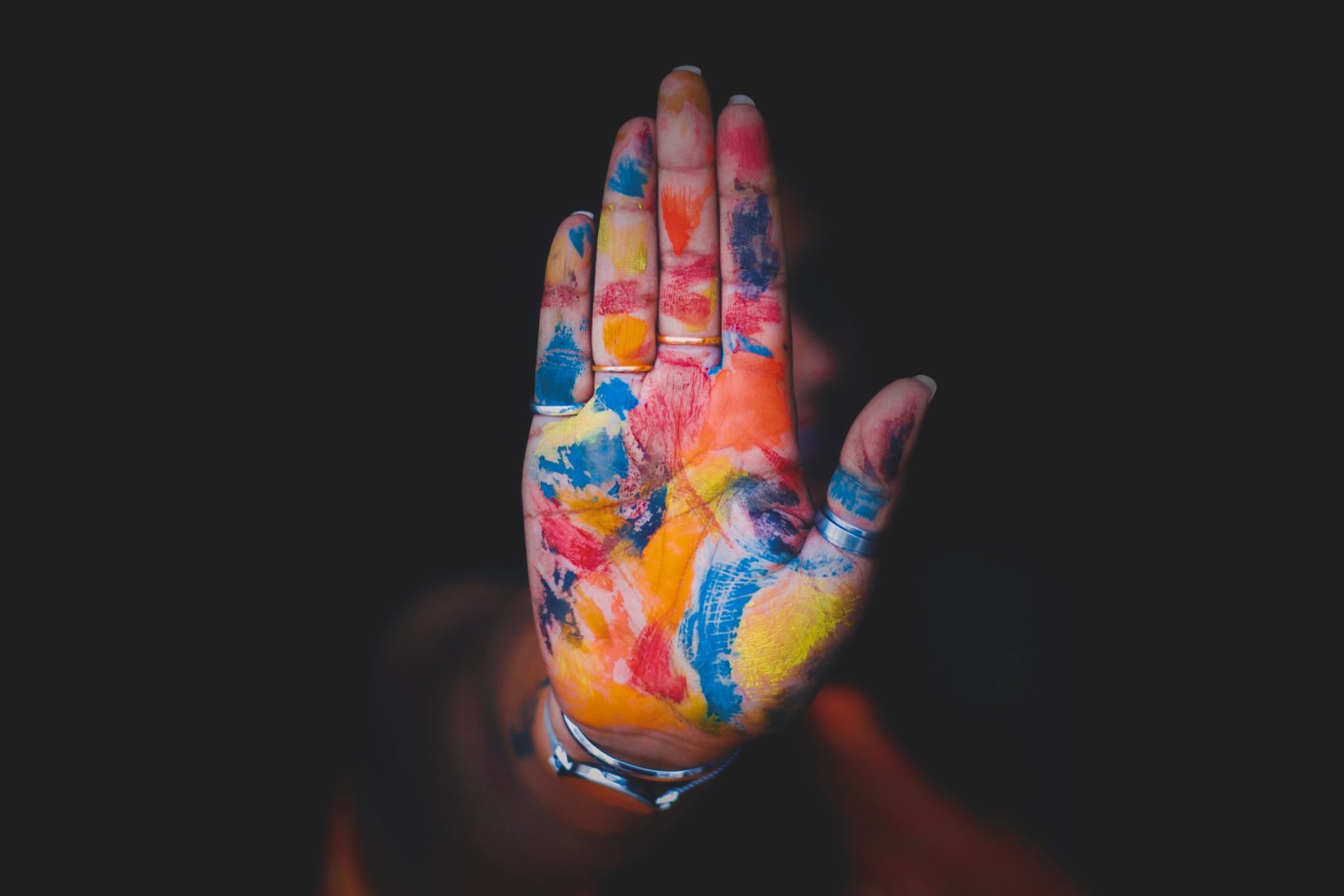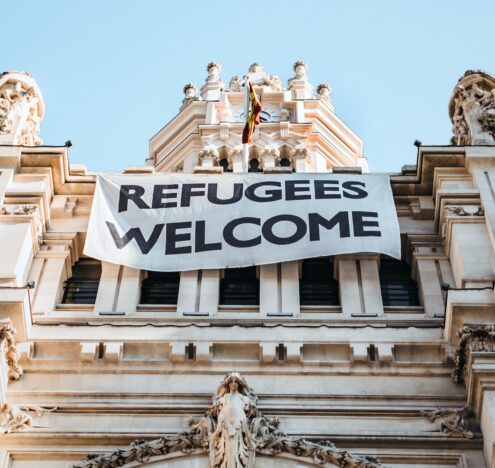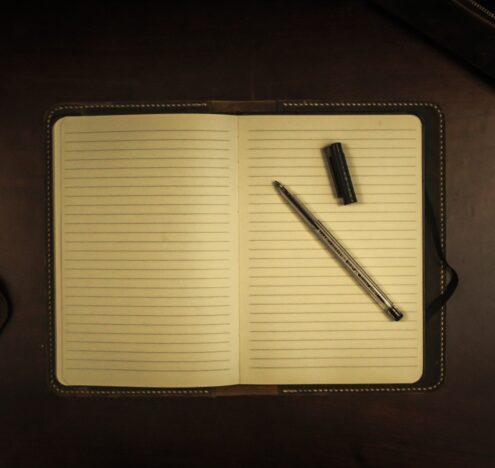Despite having been born in the UK, I am Indian. Saffron, white, green, all the way. I’m a cricket-loving, roti-making, Bollywood song singing Indian. You know, the familiar kind. I was also raised Hindu — but perhaps not the kind of Hindu you might be familiar with these days. The latest in Hindu representation on the news focuses on stories about the most recent riots between Hindus and Muslims in the Indian capital of Delhi. It’s too soon to judge the unfolding event. Every hour or so, a new piece of evidence is uncovered, passing the blame. As a Hindu Indian living outside of India, these religious riots have been really tough to reconcile.
But the riots in Delhi are not an isolated incident — they are the latest episode in the fallout of the Citizenship Amendment Act (CAA), which was passed by the Government of India on December 11, 2019. In short, the CAA amends a 64-year-old citizenship law, in which illegal immigrants are deported or jailed. The CAA provides an exception to this law for six religious communities: Hindu, Sikh, Buddhist, Jain, Christian and Parsi, so long as they are from Pakistan, Afghanistan, or Bangladesh. The act will allow these immigrants to naturalize if they live or work in India for 6 years.
Supporters of the bill claim that these three countries are Islamist countries, and so Muslims within these countries should be safe. However, the bill does not account for Muslim minorities, such as Ahmadis in Pakistan, who are not safe in their own country. India’s constitution does not permit religious discrimination, and faith cannot play a part in determining a case for citizenship. Critics claim that the bill divides migrants into Muslims and non-Muslim, thereby legitimizing religious discrimination when assessing the case for citizenship.
India is a secular country that escaped the ‘unculturifying’ (my own word) clasp of colonialism just over 70 years ago, and for a young country, it grew back its identity very quickly.
More fundamentally, however, it is claimed that the act delegitimizes and disenfranchises Indian Muslims. These criticisms are particularly relevant given a clear surge in anti-Muslim sentiment after the election of Indian Prime Minister Modi, leader of the Bhartiya Janta Party (BJP), a historically right-wing and Hindu nationalist party. My opinions on Modi are… redacted, for the sake of not losing my Overseas Citizenship of India. It is worth noting that this is not the first time that there have been religious conflicts in India. However, the BJP, led by Modi, has been called out repeatedly for anti-muslim rhetoric. For instance, in speeches by BJP party leaders, it was made explicit that the BJP will put forward an amendment to citizenship laws that benefit Hindus, Buddhist, and Sikhs. More shockingly, the BJP nominated a candidate for office who had been charged with organizing a terrorist attack in 2008 that killed multiple Muslims. Furthermore, it appears that at least one of the root causes of the recent Delhi riots was a fiery speech by a BJP candidate at an anti-CAA rally in the area, who claimed that if the police didn’t clear out the protestors, he and his followers would do it themselves.
Since the act was passed, numerous protests have taken place, led by people of all backgrounds, especially students and Muslim women. However, attempts to suppress the protests using colonial-era law and violence have become commonplace, with phrases such as “ye lo azaadi” (meaning “here, take your freedom”) shouted at protesters in the streets. In the most recent Delhi incident, many protestors also lost their lives.
India is a secular country that escaped the ‘unculturifying’ (my own word) clasp of colonialism just over 70 years ago, and for a young country, it grew back its identity very quickly. A country of so many languages, religions, foods, dances, music — you name it, and India has it in spades. India is also known as Hindustan, or Bharat. Both of these names come from geographic descriptions of India. Hindustan derives from Persian, and means the land beyond the Indus. Ancient Indian texts known as the Puranas describe ‘Bharat’ as a geographical entity between the Himalayas and the seas, uniting together the diverse land and the various cultures between the two into one, powerful word. Today, chants of “Hindu, Hindu, Hindustan” and the fact that “Bharat” comes from Sanskrit and Hindu texts have mobilized Hindu nationalists across the country to co-opt the terms in order claim the land as their own, aggressively alienating Muslims in the process.
Whilst I am not here to pass judgment on the most recent clash in Delhi, and there is a clear trend of anonymization to treat the violence as “equal,” the fact remains that the places of worship that were harmed were Muslim, the majority of those who were identified as dead were Muslim, and the majority of the homes lost also belong to Muslims.
I was raised by a brahmin father who taught me that at the crux of Hinduism lies “dharma” — which can be described as acting virtuously, with the right conduct, righteousness, moral law, and duty. Whether or not the BJP, claiming to be a party with Hindu values at its core, have been acting with dharma during this extended time of divide is something I will leave for you to decide.
Anuradha (Anu) Damale is part of the Verification and Monitoring Team at VERTIC (London, UK). She is the UK branch Director of Women of Color Advancing Peace and Security, a board member of British Pugwash, and the Chair of UK Students for the Exploration and Development of Space. Anu has a background in Physics and Science and Technology Policy. Any opinions expressed in this article are not the specific views of VERTIC or WCAPS.





















